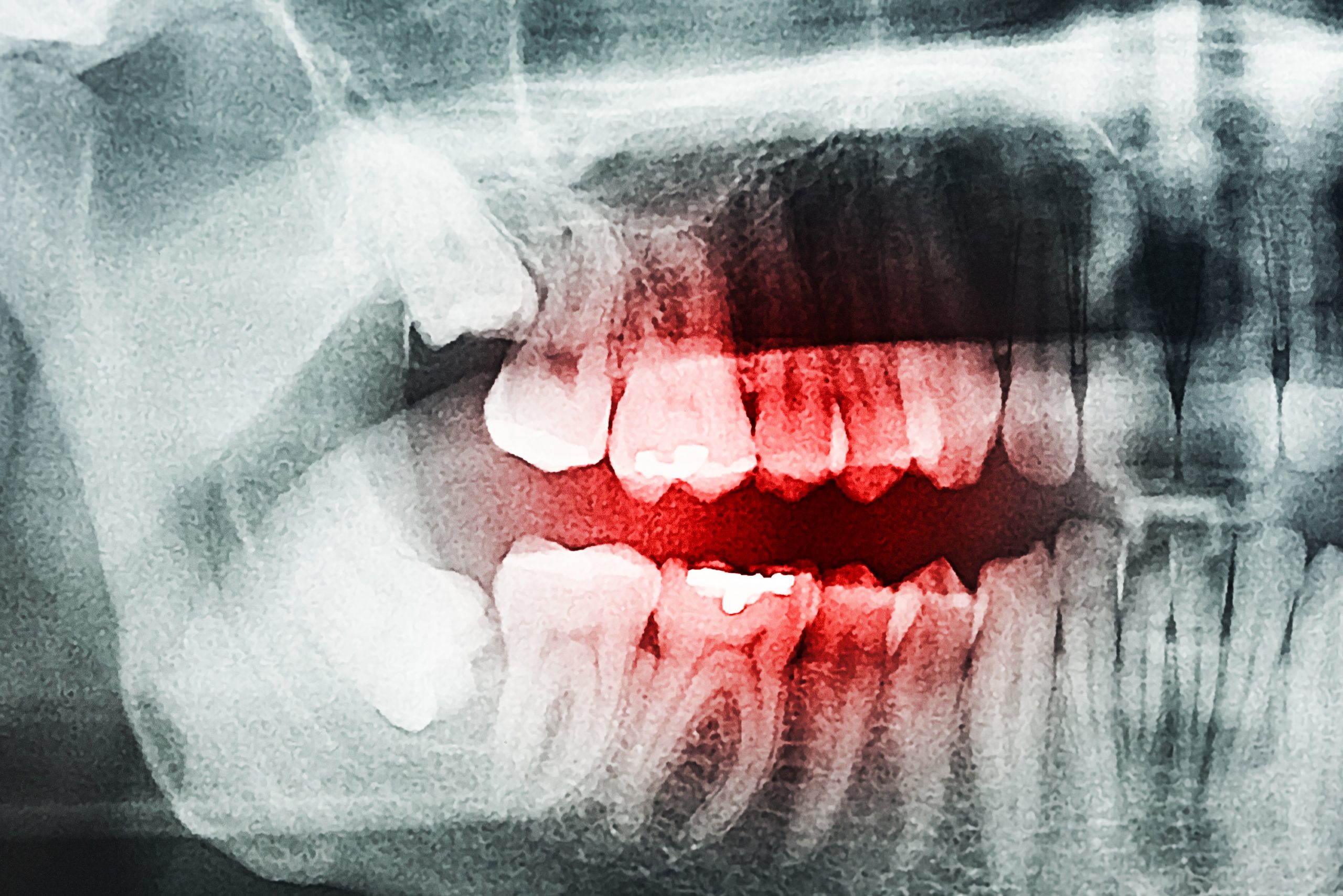Decayed Tooth – Stop Before It Becomes Painful!!!

A famous proverb rightly says that ‘a stitch in time, saves nine’. Similarly, early treatment of decayed teeth saves you from extensive and expensive treatment.
What Is Tooth Decay?
Tooth decay is also known as Dental Caries or cavities is the breakdown or softening of strong and healthy teeth due to acids made by bacteria. Cavities usually go unnoticed as they start small initially but eventually develop big and extensive. It is damage to the teeth that starts from discoloration to sensitivity to painful tooth.
What Are The Signs And Initial Symptoms Of Decayed Teeth?
The early signs and symptom of decay occur white chalky lesions to dark brown lesions with changes in the surface texture of the tooth. There is no obvious sign of pain at this stage. A regular visit to your dentist helps you to get to know of the initiation of decay if any.

What Are The Late Signs Of Decayed Teeth?
When the decay further progresses to the deep layers of the tooth following symptoms are noticed:
- A hole in the tooth, this hole is also known as the cavity.
- Teeth sensitivity or tenderness with certain foodstuffs which may be hot, sweet or cold.
- Sudden episodes of sharp, pain which may or may not be continuous.
- Bad breath and unpleasant taste may be present in some cases.
What Are The Complications Of Tooth Decay?
A decayed tooth can cause complications in left untreated these include:
- Severe tooth pain which increases over time and gets continuous radiating to parts of face close to the tooth with difficulty in chewing.
- A dental abscess or swelling with pus discharge around the tooth which may or may not be painful. Fever may also be present in the presence of dental swelling.
- Increased risk of chipping or breaking of a tooth.
What Are The Causes Of Tooth Decay?
The incidence of decayed teeth increases due to the following reasons:
- Plaque formation and plaque accumulation: Plaque is the sticky deposit on teeth that appears after few hours of brushing and also increases over time. It is caused when bacterial acid, food particles, and saliva combine together in the mouth. This plaque attaches to the tooth surface and builds up over time. The acid in plaque attacks the enamel of the tooth and softens it.
- Poor oral hygiene.
- Dry mouth: Saliva being natural flushing agent of the plaque and food particles stuck on teeth when absent causes dry mouth and more decay eventually.
- Frequent eating and drinking sticky and sugary food.
- Medical problems: Conditions like GERD, Bulimia which cause more of stomach acid reversal path in the mouth.
- In some types of cancer treatment that expose to head and neck to radiation can promote tooth decay by changing the salivation which in turn promotes increased bacteria in the oral cavity.
- Not getting enough fluoride increases teeth decay probability.
What Are The Treatment Options Available For Decayed Teeth?
Treatment options depend on the severity. More extensive the lesion the more invasive the treatment.
Following are the treatment options available for decayed teeth depending on the stage.
- Fluoride gel application: Fluoride helps to protect teeth by strengthening the enamel, making teeth more resistant to decay by acids and plaque.
- Fillings also called as restorations: Decayed teeth in which the infection has not spread to the pulp. These are teeth colored fillings carved as the natural tooth to provide functional and aesthetic restoration.
- Root canal Treatment: When the decay has spread to the pulp(deep part of the tooth containing blood and nerves)which get infected nessicitate the removal of the infected pulp tissue. This procedure is called root canal treatment.
- In severely decayed teeth, which cannot be restored may need to be removed. Teeth lost can be replaced later by partial denture, bridge or an implant.
How Can Tooth Decay Be Prevented?
Teeth cavities are a common dental problem, but can be prevented in the following ways:
- Brushing your teeth twice daily with a fluoridated toothpaste as per the age recommendation.
- Flossing your teeth at least once a day.
- Rinsing your mouth with water after every meal to prevent food particles from staying in the mouth.
- By eating fewer sugary and acidic foods like sweets, candy, aerated drinks, and refined carbohydrates.
- By limiting snacking between meals.
- Avoid smoking or drinking alcohol excessively-any form of tobacco interferes with saliva production, thus reducing the cleansing action of saliva and alcohol can cause erosion of tooth enamel.
- Getting dental checkup done every 6 months to have knowledge of any new lesions or any treatment if required. If you suffer from dry mouth persistently, see your dentist.
- Teach your children good eating habits and regular visit to the dentist at an early age should be encouraged. Younger children should use children’s toothpaste and be taught how to clean their teeth.
- Making sure your child visits Dentist once the permanent teeth appear in the oral cavity.








